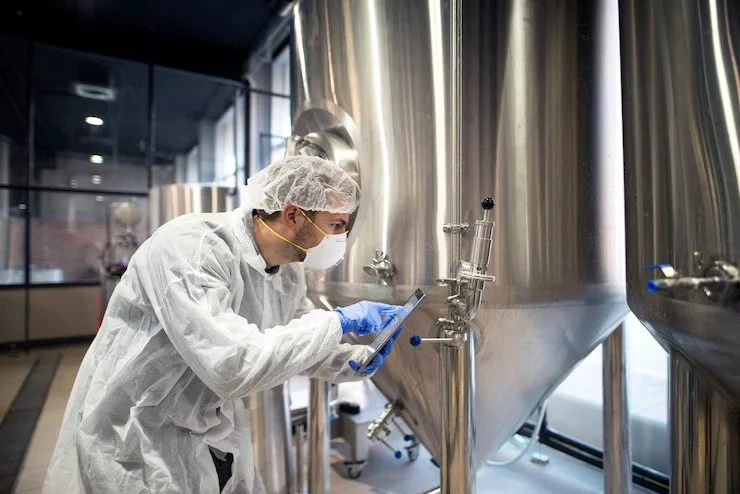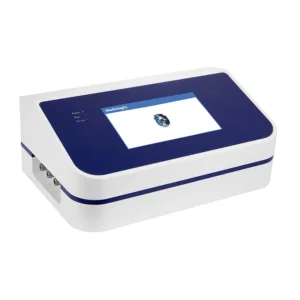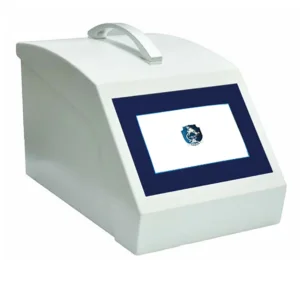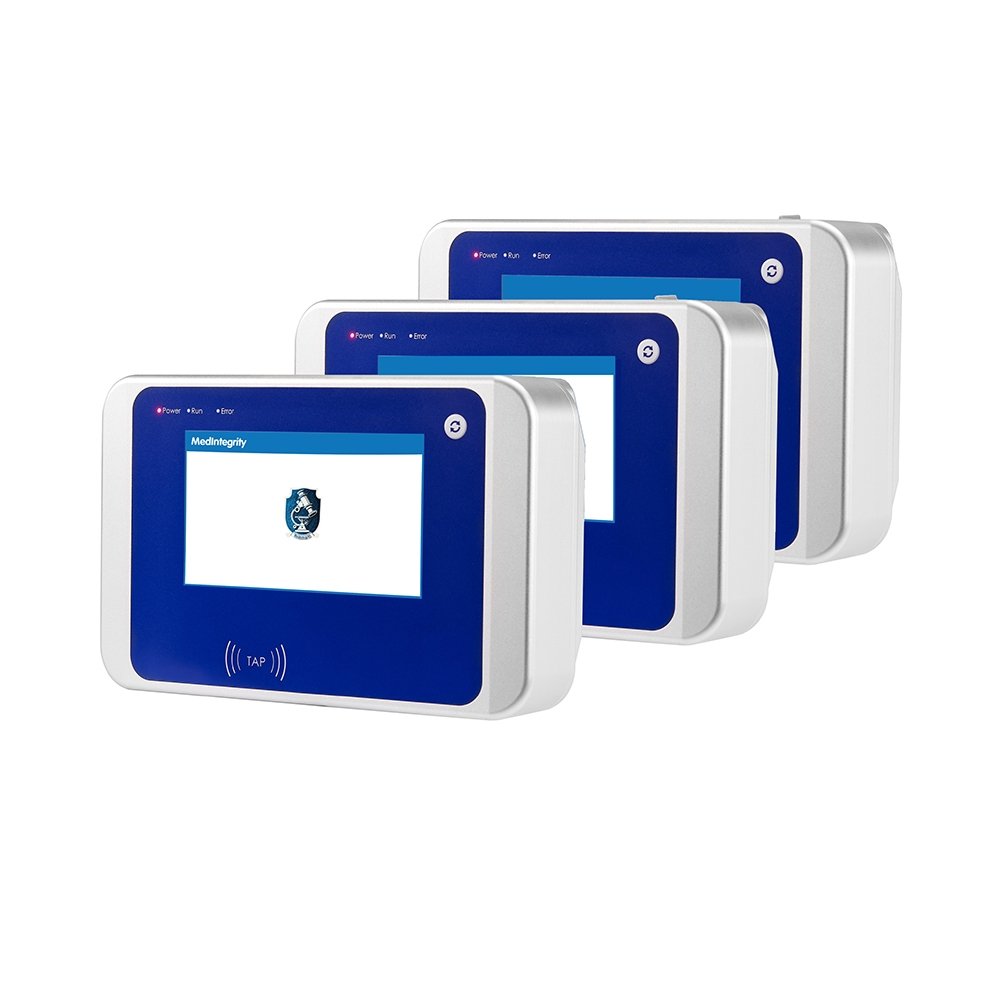What Types of Filter Integrity Testers Are Available?
What Types of Filter Integrity Testers Are Available?
Filter integrity testing is a vital process in industries like medicine, biology, and food production. It ensures filtration systems meet strict safety and quality rules. Whether you manage quality, design processes, or buy equipment, knowing the kinds of filter integrity testers can help you choose wisely. This blog explores different types of testers, their uses, and tips for picking the best one. It also shows how MedIntegrity supports your testing needs.
Overview of Filter Integrity Testing
Importance of Filter Integrity Testing in Various Industries
Filter integrity testing keeps filters working correctly. It stops contamination and ensures product safety. In medicine, it’s crucial for keeping drugs clean, following strict rules like those from the FDA. In food production, it prevents harmful germs, keeping consumers safe. Biology and medical equipment industries also rely on these tests to maintain high standards.
What is Filter Integrity Testing?
Filter integrity testing checks if a filter’s surface is whole. It ensures the filter removes harmful particles as promised. Common methods include:
- Bubble Point Test: Finds the pressure where gas passes through a wet filter. This shows if the filter’s holes are the right size.
- Diffusion Test: Measures gas flow through a wet filter at low pressure. It checks how gas moves through.
- Water Intrusion Test: Uses water to test filters that repel water. It spots flaws by tracking water flow.
These tests ensure filters work well. They protect product quality and meet rules.
The Problem May Happen When Using Filter Integrity Testing
Filter integrity testing is essential, but issues can arise. Here are some challenges:
- Wrong Results: Bad setup or human mistakes can cause incorrect outcomes.
- Delays: Manual testing takes time. This can slow down production.
- Mismatched Tools: Using the wrong tester for a filter can give unreliable results.
- Data Errors: Writing down results by hand can lead to mistakes. This is a problem when rules are strict.
Picking the right tester and supplier helps avoid these issues. It ensures smooth and trustworthy testing.
Categories of Filter Integrity Testers
Filter integrity testers come in different types. Each suits specific needs and work settings. Below, we look at automated, manual, and portable testers. We highlight their features and uses.
Automated Filter Integrity Testers
Automated testers, like the MedIntegrity V8.0, make testing easier with smart technology. They reduce mistakes and work quickly.
Features and Benefits of Automation in Testing
| Feature | Benefit |
| Self-Running Tests | Needs less human work. Gives steady results. |
| Data Recording | Meets strict rules for saving electronic records. |
| Precise Sensors | Provides correct and repeatable outcomes. |
| Easy-to-Use Screen | Makes it simple for workers with different skills. |
Automation is great for busy workplaces. It saves time and ensures accuracy.
Applications of Automated Testers
- Medicine Production: Ensures clean filtration for drugs and biologics.
- Large Biology Projects: Checks filters in big systems like bioreactors.
- Following Rules: Meets high standards for data in regulated workplaces.
The MedIntegrity V8.0 is a top choice. It has improved data tracking to meet new rules.
Manual Filter Integrity Testers
Manual testers, like the MedIntegrity V6.5, depend on the user’s skill. They offer flexibility in certain cases.
Characteristics of Manual Testing Devices
- Basic Design: Few parts mean less upkeep.
- Affordable: Costs less to buy than automated tools.
- User-Controlled: Needs trained workers to get accurate results.
- Limited Data Saving: May not store data for strict rule-following.
Scenarios for Using Manual Testers
- Small Workplaces: Great for labs with few tests.
- Field Work: Works in places without power or automation.
- Tight Budgets: A good option for cost-conscious teams.
Manual testers suit simple needs. However, they may need more training for consistent results.
Portable Filter Integrity Testers
Portable testers are flexible and functional. They meet the needs of active testing environments.
Advantages of Portability in Testing Equipment
- Small Size: Easy to move between work sites.
- Battery-Powered: Works in places without electricity.
- Many Uses: Supports testing in different locations.
- Quick Setup: Ready fast for urgent testing.
Use Cases for Portable Testers
- Contract Work: Checks filters at other companies’ sites.
- On-Site Checks: Tests filters during setup or repairs.
- Urgent Testing: Handles sudden quality needs in the field.
Portable testers are perfect for teams needing mobility and reliability.
Factors to Consider When Choosing a Filter Integrity Tester
Picking the right tester balances your needs with the tool’s abilities. Here are key points to think about:
Compatibility with Specific Filters and Processes
Make sure the tester works with your filter types and test methods. For example, MedIntegrity’s testers handle many filters. This ensures they fit various tasks.
Accuracy and Reliability Requirements
Precise sensors and strong calibration are vital for trustworthy results. Automated testers, like the MedIntegrity V8.0, offer high accuracy. They suit workplaces with strict rules.
Ease of Use and Maintenance
Simple interfaces and low upkeep save time. They reduce training needs. MedIntegrity’s testers, like the V6.5, are easy to use. Their service support keeps tools reliable for years.
Introduction to MedIntegrity as a Reliable Supplier
Expertise and Reputation in the Field
MedIntegrity is a trusted name in testing equipment for medicine. We focus on precise tools like filter integrity testers and water quality analyzers. We work with big companies like BeiGene USA. This shows their strong reputation.
Range of Products Offered by MedIntegrity
MedIntegrity provides many tools, including:
- Filter Integrity Testers: Automated and manual models like the V8.0 and V6.5.
- Water Quality Analyzers: For testing water in drug production.
- Glove Testers: Wireless tools for cleanroom safety.
- Osmotic Pressure Tools: For measuring pressure in biologics.
Our products follow FDA and other strict rules. This ensures quality and trust.
Commitment to Quality and Customer Support
MedIntegrity offers complete service and custom solutions. Our service team helps with setup, calibration, and repairs. This keeps equipment working well for a long time.
Conclusion
Choosing the right filter integrity tester matters. Automated, manual, or portable testers each have unique benefits. Understanding their features and uses helps you improve testing and meet rules. MedIntegrity is a dependable partner. We offer advanced tools like the V8.0 and V6.5. Our service support ensures lasting performance. Visit our site to boost your filter integrity testing today.
Frequently Asked Questions (FAQs)
Q1. What is the primary purpose of a filter integrity tester?
A1. A filter integrity tester checks if a filter’s surface is whole. It ensures the filter removes harmful particles. This keeps products safe and meets rules in industries like medicine and food.
Q2. How often should filter integrity testing be performed?
A2. Testing frequency depends on rules and workplace conditions. Usually, filters are tested before and after use in medicine production. Follow your workplace’s guidelines for consistency.
Q3. Can automated testers replace manual testers entirely?
A3. Automated testers are faster and better for data rules. However, manual testers are useful for small tasks, tight budgets, or field work. The best choice depends on your workplace size, rules, and resources.












